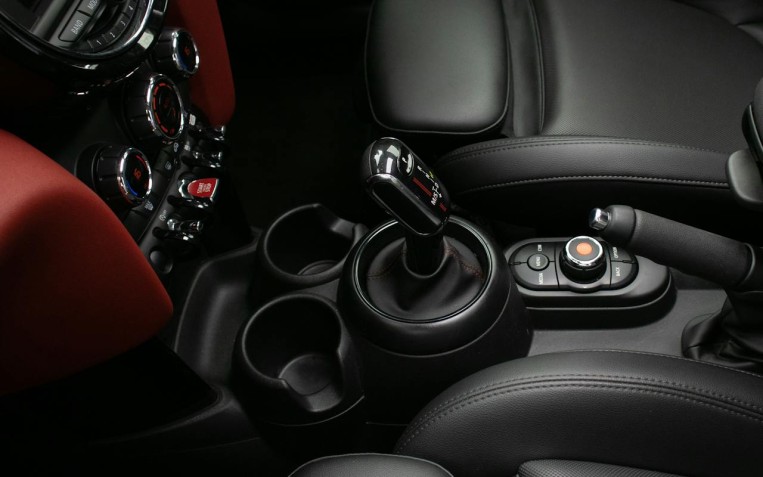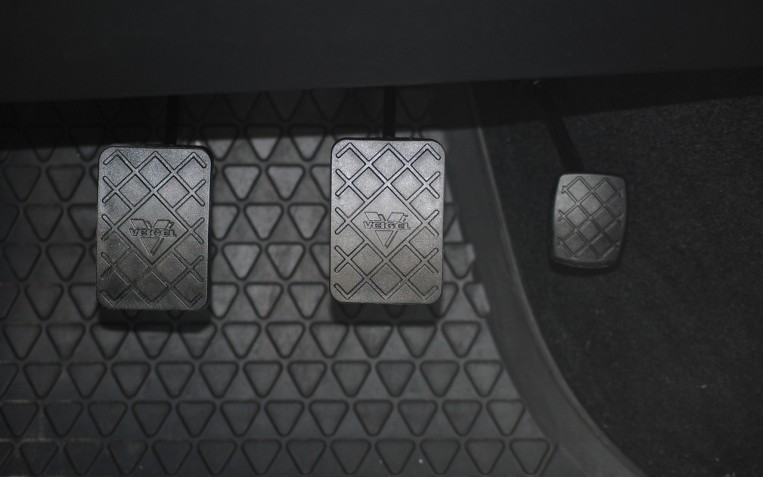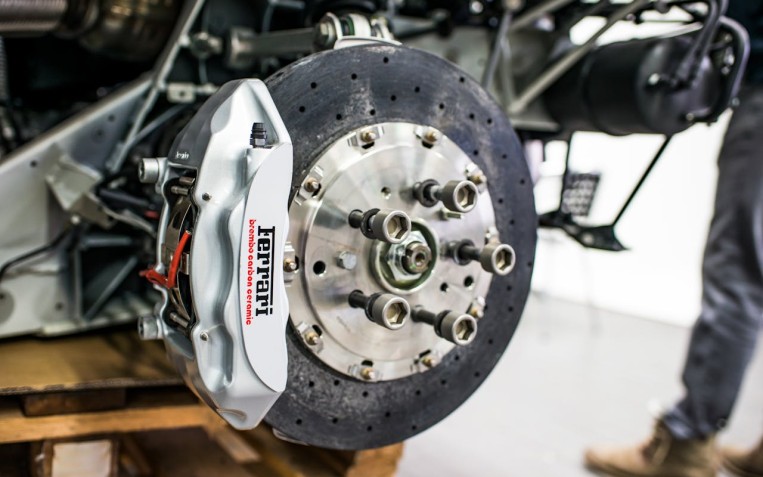Should I have soft or stiff suspension springs for my vehicle?

Suspension springs are essential for maintaining your vehicle’s stability and ride height. Over time, the springs will succumb to wear and tear, which affects how your car handles, brakes and accelerates on the road. Discover whether you should have stiff or soft suspension springs for your car in our informative and helpful article.
How do soft suspension springs work?
Soft suspension springs reduce vibration and noise from your car, thus providing a comfortable ride for you and your passengers. Most soft springs on everyday vehicles and luxurious cars are flexible, allowing your vehicle’s suspension to adapt to varying road surfaces. The lower spring rate means it compresses more under load, removing the risk of having a jarring and uncomfortable drive, particularly on long journeys.
How do stiff suspension springs work?
Stiff suspension springs are found on high-performance and commercial vehicles. This suspension spring type is subjected to extensive lateral forces on the road, thus providing minimal body roll and maximum handling performance and stability. Most lorries and heavy goods vehicles have stiff suspension springs, allowing them to carry freight while maintaining a safe driving experience.
The differences between soft and stiff suspension springs
There are notable differences between how soft and stiff suspension springs are used on your vehicle. These include:
- Stiff springs are better suited for high-performance and heavy goods vehicles.
- Soft springs work well on various road surfaces.
- Stiff springs reduce body roll while providing excellent handling.
- Soft springs work well for hatchbacks, saloons, estates and sport-utility cars.
- Stiff springs can carry heavy loads without affecting the vehicle’s performance.
Will the spring’s material affect your vehicle’s performance?
Yes. The spring’s material can affect how it performs on your vehicle. Typically, the suspension springs on your car are made from stainless steel but can be made from other materials, such as high-carbon steel and rubber. The material used can affect how the springs react to varying road surfaces, which impacts the spring’s lifespan and behaviour.
Which suspension springs should I have for my car?
Ultimately, this depends on the type of vehicle you own. The following factors must be considered when fitting new or replacement springs, such as:
- Ride quality preference.
- Handling, grip, and stability.
- The vehicle’s overall weight.
If you are unsure about the suspension spring type you require, our friendly suspension specialists are here to help.
Have you noticed a deterioration in your vehicle’s stability and handling or that your car feels less comfortable when driving on bumpy roads? Book your free car suspension and steering check by contacting your local PTA branch today.
Related Content

What is engine braking?
Engine braking involves taking your foot off the accelerator pedal, allowing your car to slow down. Over time, the parts on your vehicle’s braking system will wear down, making the brakes less effective. Using engine braking can extend the life...

A guide to the different types of car clutches
The clutch is responsible for channelling the power from the engine, through to the gearbox, and the wheels. Your vehicle's clutch will differ dependi...

Brake rotors: What are they and how do they work?
Having a reliable braking system is essential for any vehicle. The components work to ensure your car or van stops or slows down. Brake rotors form a...

